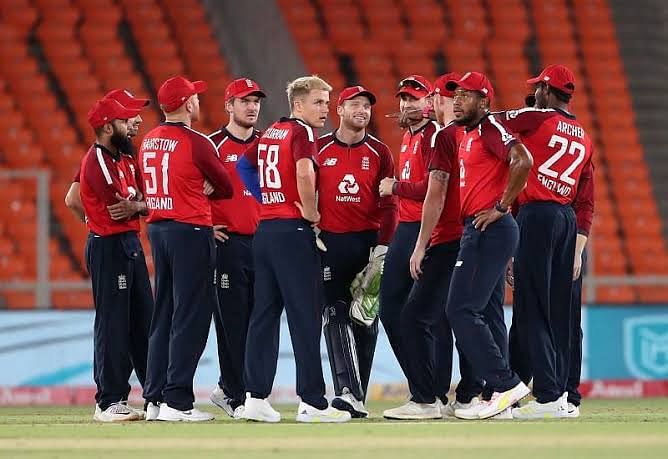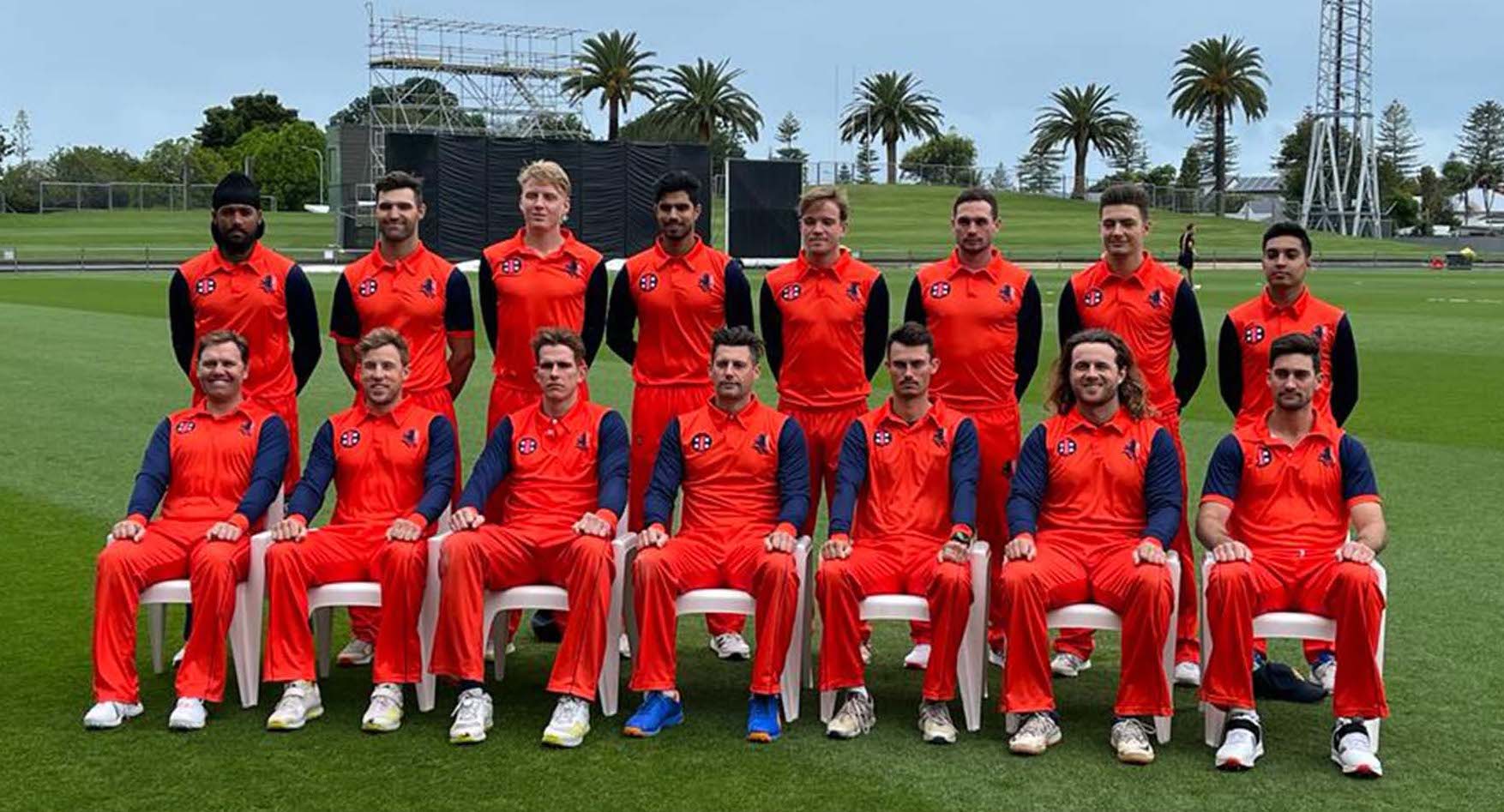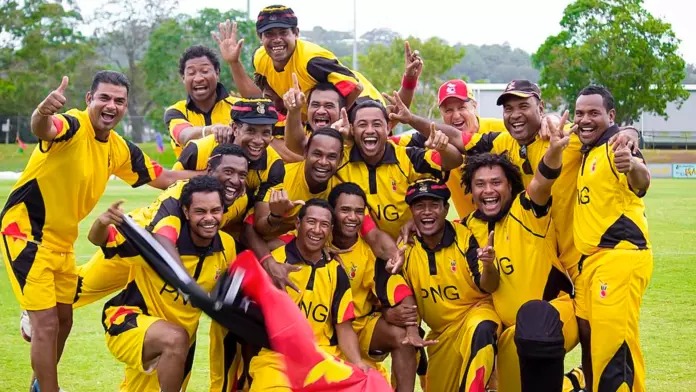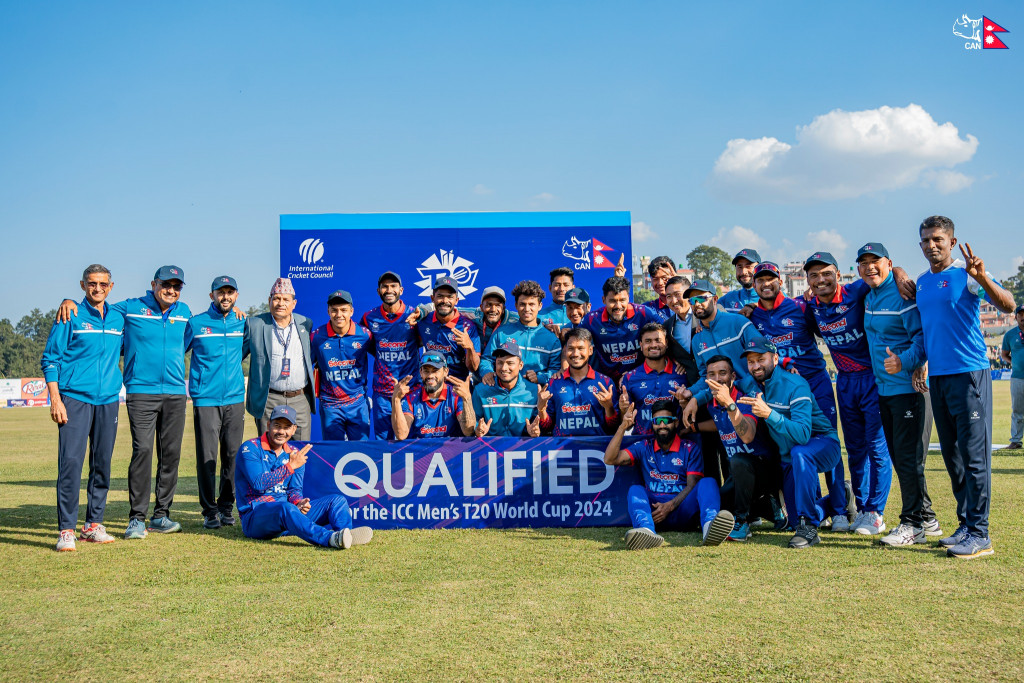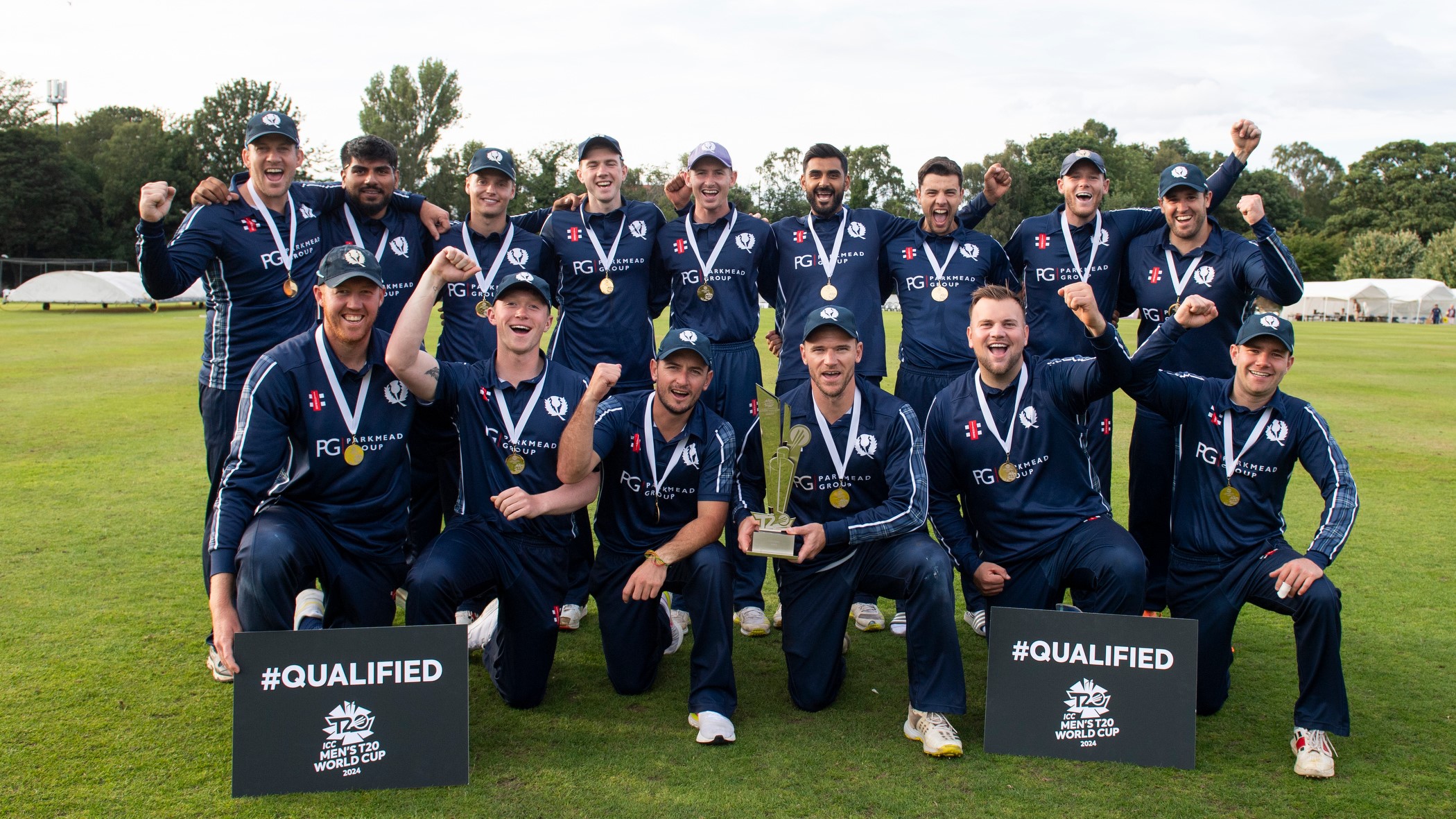With the Olympics just around the corner, the onset of excitement and thrill has engulfed passionate fans all around the globe. The marquee event has finally been handed the greenlight (albeit without any fans) after numerous delays caused by the COVID-19 pandemic.
Nonetheless, a flummoxing question still lingers in the mind of cricket enthusiasts. Statistically, cricket is the 2nd most popular sport in the world with its fan base spreading over a staggering 2.5 billion people. In that case, how is it that a sport with such a widespread following has never really stamped its authority in the premier sporting event in the world?
Sports is filled with intriguing patterns and this case is no exception. To decipher it, we may have to press the rewind button to look back into the association between cricket and the Olympics.
HISTORY
As far as most of our minds go, at least mine, we cannot solidly verify if cricket was ever an event in any Olympics. That is probably because its first and only appearance occurred way back at the turn of the century in 1900 before the ICC was even devised. The proceedings, too, took place in a rather odd fashion. Initially, Great Britain, France, Netherlands, and Belgium were slated to appear in the competition. However, the 2 lattermost teams were forced to pull out after their co-hosting bids with France collapsed, leaving Britain to take on France in a singular winner-takes-it-all match.

In a low-scoring encounter, Britain emerged victorious after winning by a comprehensive margin of 158 runs, but with only 5 minutes of play remaining. In fact, the game was so low-key and out of the public eye that it was not reported by any national newspaper and was not recognized as part of the Olympics until 12 years after.
Now that we have looked into the limited history between cricket and the Olympics, let us dive into the possibilities as to why cricket has been largely non-existent in the scheme of the Olympics.
WORLDWIDE POPULARITY
In terms of the number of fans following the game, cricket is definitely a major force to be reckoned with. However, its global sphere of influence produces diminishing outputs. The fact of the matter is that the bulk of cricket’s fan base originates from the Indian subcontinent and so, has significantly lesser global recognition than the numbers show. Due to this, the majority of the countries that have hosted the Olympics generally have inadequate cricketing facilities to host an international cricket match.
It is also a viable possibility that cricket is unestablished and unheard of in Olympic heavyweight countries such as the USA, China, Germany, and Russia, who, presumably, have larger leverage in the Olympic operations.
OPPOSITION FROM CRICKET BOARDS
In the preceding years, the ICC has made multiple attempts to resuscitate cricket in the largest sports platform in the world. These efforts, though, have come in vain as they have been hindered by opposition from cricket boards.
The BCCI (Indian Cricket Board), the powerhouse of money, in particular, has been the ringleader of this opposition and has received support from other boards like the ECB (England and Wales Cricket Board). Since these 2 are the most omnipotent boards, the ICC is often strong-armed into dropping the application to the IOC (International Olympic Committee).
In the past as well, BCCI has stunted the growth of cricket by pressuring the ICC to reduce the number of teams in World Cups and refusing to allow its players to participate in foreign leagues. This response is counterintuitive as the whole point of the game is to have its culture create an impact on a global level.
The primary reason behind this might be the fact that the BCCI wants to maintain the monetary autonomy it holds in cricket. By administering new nations into cricket, the monopoly that the BCCI holds might dilute, reducing their power as a result. Additionally, in a hypothetical scenario, if cricket is drafted into the Olympics, the Indian Olympic Association will oversee the management of all teams from India and BCCI might be sidelined subsequently. For a board that has been in complete control, that surely does not sound like a desirable change.
REPRESENTATIVE NATIONS
Another problem that arises is the curious case of representative nations, notably Great Britain and the West Indies.
In the Olympics, Great Britain is collectively represented by athletes hailing from England, Wales, Scotland, and British Overseas Territories while Northern Ireland athletes have the freedom of decision to choose between Great Britain and Ireland. In contrast, for cricket, all these nations' play are broken into individual teams barring the exception of Wales whose players turn up for England.
Few possible solutions for this could be having to select one team to represent Britain as a whole or select the best combined national team. By theory, the team merger sounds like the most logical reason but who knows what sorts of ethnic differences and tension could arise among the players from differing nations.
The case is quite the opposite for the Windies. The separate island nations that form the Caribbean- Jamaica, Trinidad, and Tobago, and Barbados among them- are all exclusive Olympic nations. A method to determine which island plays could be to host a tournament in which the winner moves on to the Olympics. Nevertheless, this method is very likely to affect the quality of the team as the talent scope would have been dramatically compressed.
That being said, let us now look at what the future potentially beholds for cricket in the Olympics.
BOARD STANCE CHANGING
Despite being historically at odds with the option to have cricket in the Olympics, BCCI has gradually softened their opposition and are now showing openness to have cricket included in the Olympics. As recently as 2020, BCCI have backed ICC’s proposal to have cricket included in the 2028 Los Angeles Olympics.
Much of this change instance can be attributed to Sourav Ganguly, who now presides over the position of President of BCCI. We all are cognizant of how much he has contributed to Indian cricket, both as a captain and cricketer. As one of the most renowned players of the game, he will vouch for the growth of the game and clearly, there is no platform more far-reaching than the Olympics to express it.
With BCCI seemingly complying right now, much of the ICC’s worries regarding the Olympics have been warded off and cricket definitely looks to be in a promising position.
BENEFIT OF FORMAT
📢 ICYMI: Two groups of four teams each will battle it out in the Round 1 of the ICC Men's #T20WorldCup 2021!
— T20 World Cup (@T20WorldCup) July 18, 2021
Which teams will go through to Super 12? 🤔 pic.twitter.com/n8cT4aqOzA
Two decades prior, it would be understandable as to why hosting cricket in the Olympics would have been such a logistical nightmare. ODIs and Tests were too long and accommodating them within the time constraints of the Olympics would have been a monstrous task.
However, now, with the modernization of cricket bringing in multiple revamps, time is not a problem. T20’s, in particular, are committed to a shorter time span and can comfortably be fitted into the 2-3 week schedule of the Olympics. Additionally, it also offers a more exhilarating experience for fans, which can be a good advertisement to put out for the game globally.
SO IS THERE HOPE FOR THE UPCOMING GAMES?
The deadline for registration has passed for the 2024 Paris Olympics and although Paris can still submit events as proposals in the IOC meeting post the Tokyo Games, the probability is still bleak given there is scarcely any cricket infrastructure in Paris that can host an international cricket match.
The developments for the 2028 Los Angeles Olympics, however, have been encouraging. USA cricket has mentioned that it views the potential inclusion of cricket in the Games as a long-term benefit for the country as well as the sport and as detailed above, the BCCI has also provided its support to involve the game in the Olympics albeit the T20 format.
"Cricket's inclusion in the Olympic Games would undoubtedly be an enormous catalyst for growth of cricket in this country."
— USA Cricket (@usacricket) October 16, 2020
Would you like to see @TeamUSA🇺🇸 on the field in a cricketing capacity at the @Olympics in Los Angeles 2028?
👀@LA28⬇️👀https://t.co/gF5GHuhbmK
Nevertheless, there are still a few hurdles that need to be overcome. Firstly, the sport still needs to be approved by the IOC and to ensure that, the ICC can capitalize on the clout the game can receive during the women’s version of the game in the 2022 Commonwealth Games. Not only is this introduction a major boost for equality, but is maybe also a stepping stone to something more auspicious for the game.
Secondly, there would be a requirement for a fully functioning stadium that could cater to the capacity of an international cricket match. Currently, LA has 2 cricket grounds: Dodger Stadium and Woodley Cricket Fields, with the former actually a baseball stadium that hosted the Cricket All-Star Series back in 2015.
Normally, Dodger would be the more sensible option to fill up the void due to its stellar facilities but it’s already been made unavailable by the baseball matches that are set to be played there. Though Woodley has been lauded for having commendable cricket facilities, it still does not live up to the expectations of the ambiance and quality of a textbook world-class cricket stadium. Therefore, this is where the ICC needs to be hasty and productive by finalizing the launch of cricket in the Games, thereby giving a suitable amount of time for the infrastructure to be ramped up.
While it may be saddening for cricket fans to not see the sport get its due, we all can concur on one thing: Olympics or not, cricket still plays a focal role in all of our lives and its level of competition never ceases to entertain us.

